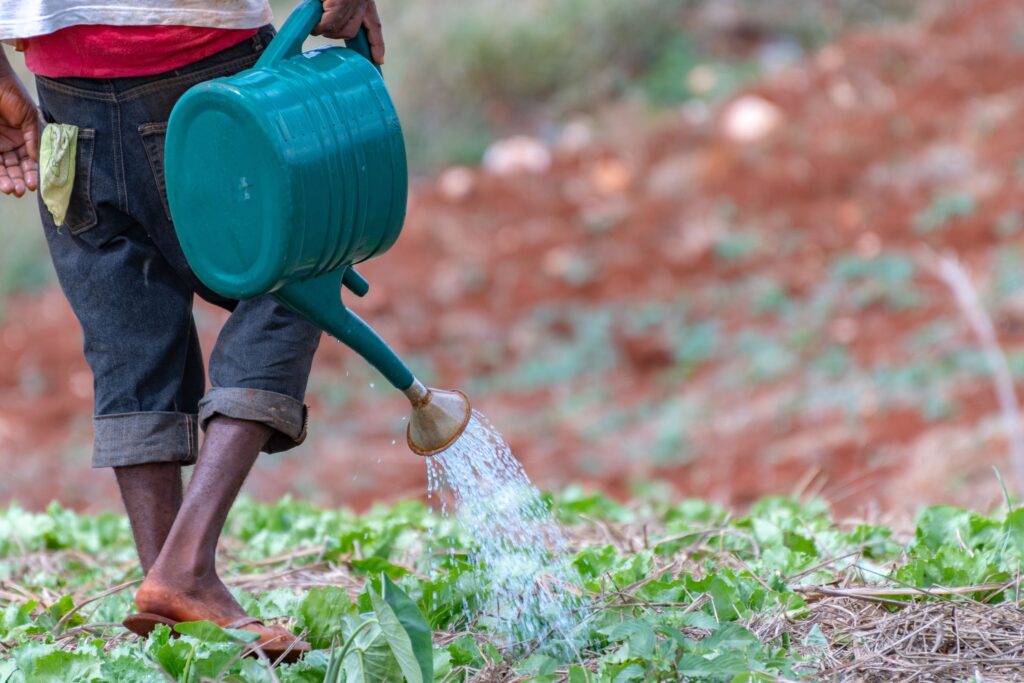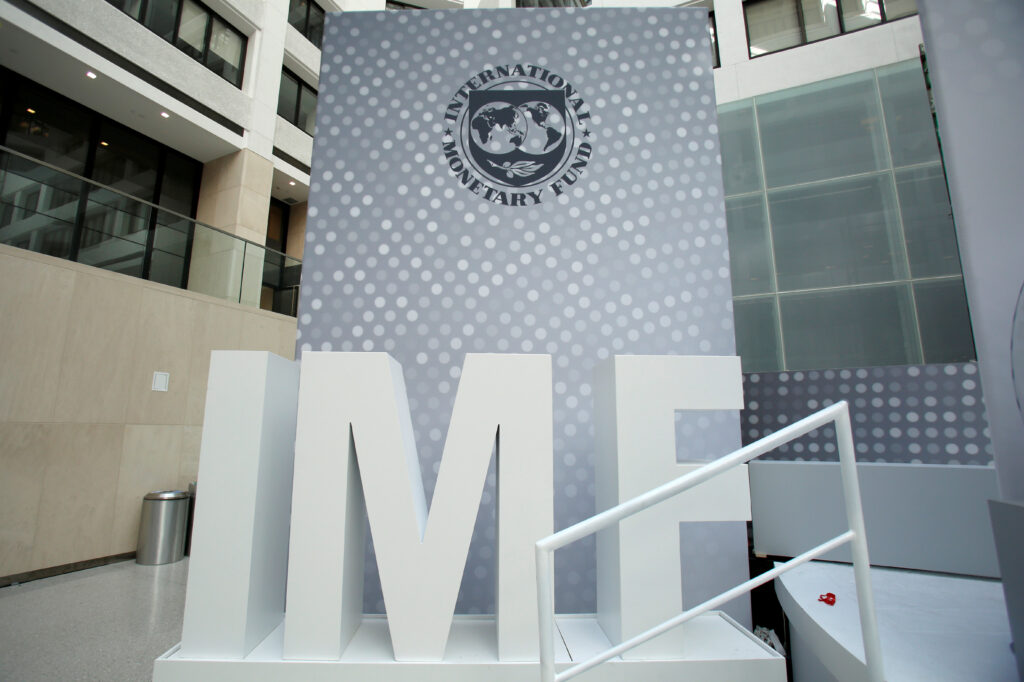

Durrant Pate/Contributor
Despite the downtrend in inflation over the last two months, Jamaica’s high vulnerability to climate change, particularly drought, threatens to erode the gains made this year and even into the medium term.
Between October 2022 and September 2023, rainfall in Jamaica reached the lowest average in 30 years, as forecasts show the record-breaking surface temperatures continuing into 2024. The double whammy comes when temperatures rose to record highs between July and August 2023; further exacerbating the situation as it resulted in a decline in agricultural production and rising food prices.
The island remains gripped by the annual dry season, which poses a clear and present danger to the domestic economy, especially since warmer temperatures are forecast to persist over the next five years.
Gov’t bodies implementing containment strategies
The Rural Agricultural Development Authority (RADA) issued an advisory to farmers recently, warning them of the possibility of drought. The authority instructed cultivators to put in place alternative water sources for on-farm activities. In addition to this, the National Water Commission (NWC) has also begun to regulate water supply in some areas amid the threat of drought.
The increased likelihood of little to no rainfall and the pre-existing constraints facing the national water supply will reduce agricultural productivity.
Given this reality, drought can put upward pressure on food prices, impacting the cost of organic produce and meats—given that some crops such as corn are used as feeds for cattle, goats and chickens.
Analysts say the overall effect is likely to negatively influence inflationary pressures in 2024 and in the years to come. As such, droughts are likely to become more frequent with the higher-than-normal temperatures forecasted for Jamaica. This has given rise to the urgent need for investment in water infrastructure and climate-smart agricultural practices, as sustainable solutions to the problem of drought.

The September 2024 issue of the Economy and Development Report (RED) report from the Development Bank of Latin America and the Caribbean (CAF) forecasts that “average temperatures will continue to rise, rainfall patterns will undergo increasing disruptions, and many parts of the [Caribbean] region will become drier.”
From all indications, Jamaica is set to be among the countries adversely impacted by higher temperatures and disruptions in rainfall patterns.
More structural solution to water security
These developments and the experience of recent years point to the need for a more structural solution to water security given its close link to food security and its impact on inflation through agricultural production. NCB Capital Markets points to Jamaica’s latest International Monetary Fund (IMF) agreement under the Resilience and Sustainability Facility (RSF) as a step in the right direction as authorities seek to strengthen physical and fiscal resilience to climate change (including drought).


However, significantly more investments are needed to enhance the island’s water storage infrastructure as a more sustainable solution to the trucking of water to drought-affected communities. These investments will be costly and will require policies to catalyse private and multilateral financing to augment government financing.
NCB Cap Markets highlights the vacuum for investment in and promotion of climate-smart farming practices, among local farmers to protect local agricultural production, inflation and overall economic activity from climate change.
Though climate change and by extension drought cannot be controlled, there are essential measures that can be put in place to increase preparedness and mitigate against the negative impact that this could have on agricultural production and inflation over the medium term.







Comments